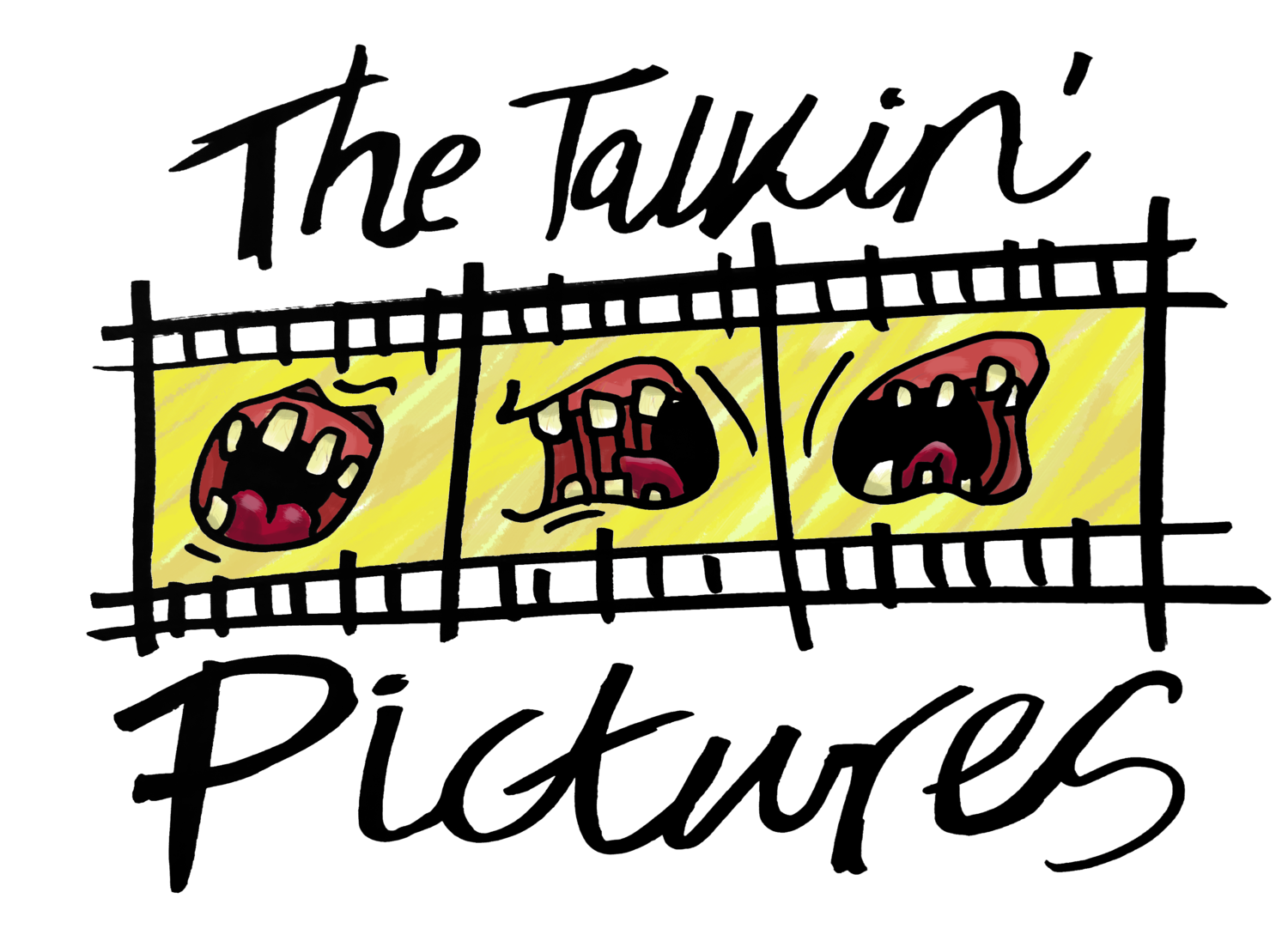"What's the law on what ya can and can't say on a billboard?"
After her daughter is raped and murdered, and several months go by with no arrests, a Missouri mother, Mildred Hayes (Frances McDormand), rents three billboards displaying a message calling out the local police chief (Woody Harrelson) on his failed efforts.
Martin McDonagh is truly a master of dialogue. His previous films, In Bruges and Seven Psychopaths, have become cult classics, with audiences falling in love with their brilliant wordplay. Three Billboards Outside Ebbing, Missouri not only follows suit but eclipses the writer/directors previous work, presenting a more dramatic and heart wrenching tale of redemption set in the American mid-west.
Despite the best efforts of the marketing department at Fox Searchlight to convince us otherwise, this is not comedy. While there are some sharp comedic moments in the film, it’s primarily a drama, and one that is grounded by incredible performances from its two leads. The depth McDonagh has given to his characters is truly outstanding, presenting them as fully realized, three-dimensional people who have conflicting emotions and sometimes-dubious motivations.
To call Frances McDormand’s portrayal of Mildred Hayes powerful would be an understatement. She commands the film with every second she’s on screen, creating a strong female protagonist that welcomely sits side-by-side with iconic characters like Karen Silkwood or her own Marge Gunderson. What makes her so interesting is that at her core Mildred is a conflicted character. While her intentions make sense, she is presented as not necessarily a good person. That’s not to say she’s bad though, she’s incredibly likeable and the audience connect with her immediately, she just has a tendency to fly off the handle, which often has repercussions for herself and those around her. McDormand exudes confidence as the grieving mother, relishing the moments of rage against some of the more unforgiving townsfolk and flooring the audience with quiet reserve in her more reflective moments.
The fiery rage of Mildred is contrast brilliantly with the Harrelson’s good-natured Chief Willoughby. Willoughby has a crucial role in the piece, acting as both a martyr and a father figure throughout. His calmness only helps add to the conflicting nature of Mildred’s actions, while also working to mediate and control those that are enraged by them.
However, it’s Sam Rockwell’s performance as Jason Dixon, an unabashed racist police officer, which has the more powerful arc of the film. Rockwell does what he does best, imbedding small moments of comedic flair that quickly give way to an intensity that is profound. Dixon is the type of character that could have easily been played as a loathsome person, but instead Rockwell presents a man who is just ignorant and conflicted. There’s a decent person buried deep inside Dixon and this is something Willoughby sees in him, which offers hope for a truly troubled man. It’s possibly the finest performance Rockwell has given in his long career and will no doubt see him nominated for (if not taking home) the supporting actor awards at this year’s Oscars.
At its core Three Billboards is a film about redemption and growth, a common theme in a lot of McDonagh’s work. There’s a minimalist nature to the staging of the film, with a lot of the one-on-one dialogue scenes playing out as if they’re being presented on stage. However, McDonagh punctuates this style with sumptuous vistas of the rural countryside and the odd flourish of action based cinematography (one scene in particular playing out in a captivating single shot). Carter Burwell’s wistful western infused score also helps to set a conflicting tone, giving the audience a sense of underlying dread as the film progresses.
While it may not have the comedic charm of In Bruges or Seven Psychopaths, Three Billboards Outside Ebbing, Missouri is unlike most films you’re likely to see this year. It’s filled with complex and layered characters all dealing with the aftermath of some horrific acts. McDonagh has outdone himself here, writing dialogue for his characters that is honest, hilarious and heartbreaking, which in turn prompts his cast to deliver career best performances across the board.
Three Billboards, while confronting at times, stands as not only one of the most original and unique films of the year, but will likely stand up as one of the better American films we’re likely to see this decade.
9.5 out of 10.
Reviewed by Chris Swan.




